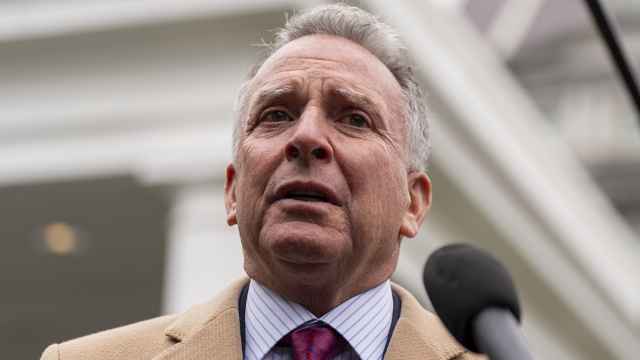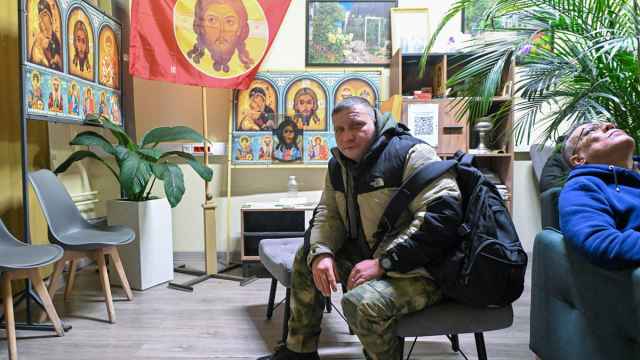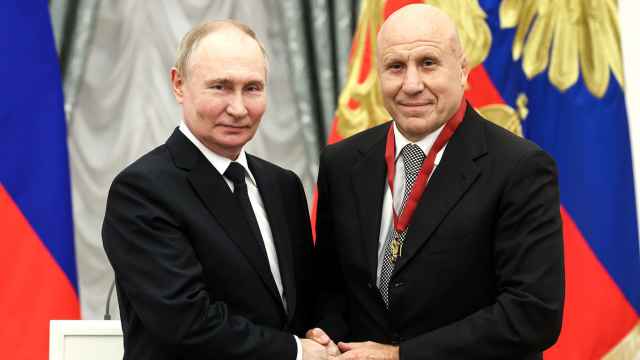Lithuania may supply weapons to Ukraine as part of military aid it promised to help Kiev fight pro-Russian separatists, the Lithuanian defense minister said in an interview on Wednesday.
NATO countries have so far been reluctant to arm non-member Ukraine against the well-equipped rebels in order to avoid provoking Russia, although the United States is providing Ukraine with non-lethal military equipment.
Before a cease-fire came into effect on Sept. 5, the Russian-backed fighters inflicted heavy losses on government forces as they battled to claim parts of Ukraine's east. Kiev says more than 150 government troops have died since the truce began.
Lithuania, which last month launched its own liquefied natural gas, or LNG, import terminal to safeguard against a potential Russian gas cut-off, is taking an increasingly assertive stance against its former imperial overlord.
"All things should be on the table," Lithuanian Defense Minister Juozas Olekas said when asked whether the Baltic state could support Ukraine with weaponry.
"We've agreed [with Ukraine] that they will check what they need and we will check what we can send them, and then we will find a final conclusion — what we can do, how we can support," he said.
During a visit to Kiev this week, Lithuanian President Dalia Grybauskaite and Ukraine's President Petro Poroshenko announced at a joint press conference that Lithuania would be providing Ukraine with military aid, but did not specify if this would include weaponry or be of the non-lethal kind.
Grybauskaite has angered Russia by branding it a "terrorist state" for its role in eastern Ukraine and because Russian customs no longer allow Lithuanian-registered trucks to carry goods into the country.
The United Nations says more than 4,300 people have been killed overall in the conflict in Ukraine.
A Message from The Moscow Times:
Dear readers,
We are facing unprecedented challenges. Russia's Prosecutor General's Office has designated The Moscow Times as an "undesirable" organization, criminalizing our work and putting our staff at risk of prosecution. This follows our earlier unjust labeling as a "foreign agent."
These actions are direct attempts to silence independent journalism in Russia. The authorities claim our work "discredits the decisions of the Russian leadership." We see things differently: we strive to provide accurate, unbiased reporting on Russia.
We, the journalists of The Moscow Times, refuse to be silenced. But to continue our work, we need your help.
Your support, no matter how small, makes a world of difference. If you can, please support us monthly starting from just $2. It's quick to set up, and every contribution makes a significant impact.
By supporting The Moscow Times, you're defending open, independent journalism in the face of repression. Thank you for standing with us.
Remind me later.





